Baby Skin Care – Easy Tips for Keeping Your Baby’s Skin Healthy

The skin is a baby’s first line of defence against the external world. Therefore, caring for a baby’s skin may require special attention and protection from environmental pollutants, irritants, and allergies to keep it healthy. Even though taking care of a baby’s skin may appear complicated, the important thing to remember is to keep it suitably moisturised and hydrated at all times.
The best approach towards baby skin care is “less is safe”. It may not be a good idea to use adult skincare products for the baby. A baby’s skin is also vulnerable to allergies triggered by the use of harsh products. Chemical soaps and shampoos, harsh detergents, and over-bathing should be avoided, too. So, how can you take care of your baby’s skin? Let’s find out in this exclusive article on baby skin care!
Common Skin Issues in Infants
A newborn baby’s skin is extremely delicate and gentle, making it highly vulnerable to environmental pollutants, garment cleaners, sin products, and other irritants that may imbalance the pH of baby’s skin, ultimately irritating or inflaming it. Before we get to the tips to keep baby’s skin safe, let’s learn how to keep the newborn skin care at the optimum level.
Some of the common skin issues faced by babies in their infancy years include:
- Prickly Heat: Extremely common during summers, appearing as prickly, tiny red blisters (1).
- Skin Rash: This could happen due to strong detergents used in cleaning clothes or any environmental irritants. It could happen due to yeast infection; best example – diaper rash (2).
- Eczema: Red, itchy, inflamed rashes appearing on the face, elbow, legs, arms, or anywhere on the body (3).
- Cradle Cap: A common skin condition with greasy and yellowish patches appearing around a baby’s scalp, the crown of their head, eyebrows, forehead, and even around the ears (4).
- Contact Dermatitis or Skin Allergy: Red and inflamed allergic reactions on the baby’s skin due to common allergens or irritants like detergents, urine, dyes, lotions, perfumes, etc (5).
- Milia: Small white bumps appear under the skin; they usually go away on their own (6).
- Thrush: Common oral infection caused by yeast production (Candida albicans) in the mouth (7).
How to Take Care of Your Baby’s Skin?
How to care for baby skin is a question that may appear complex and confusing with the wide-ranging variety of products available and the diverse opinions of various people. Here is a list of baby skincare tips and home remedies which may help ease your dilemma.
1. Cleaning
A newborn baby’s skin is generally greased and coated with a white wax-like matter called vernix caseosa, which slowly peels off during the first few weeks after birth (8). This natural procedure requires no help in terms of rubbing the skin or applying creams to it. It may be enough to simply sponge the baby clean during the initial weeks after birth, with particular attention to the mouth and diaper area of the baby.
2. Bathing
Excessive bathing can rob the baby’s skin of its natural oils and result in dryness and flaking. So, bathing a baby 3-4 times a week may be adequate. Make sure you use a mild soap and lukewarm water for bathing your little one. The temperature of the room in which the baby is later dried off should be warm enough to protect him from a chill or a cold. Also, always use soft, cotton towels to gently pat the baby dry.
3. Powdering
Powdering a baby after a bath may not be necessary if enough time is given for air drying. But if you must powder the baby after bathing, it is best to use a safe, baby talcum powder which is not likely to irritate the delicate skin. Avoid using perfumed powders which contain chemicals, or the grainy ones, particularly for the nappy area for it may result in unnecessary skin problems later on.
4. Natural Products
Babies have very tender and fragile skin. After birth, the baby’s skin requires time to get accustomed to the new harsh environment and its varying changes. Therefore, natural and organic baby products that are devoid of chemicals are safer options than perfumed or harsh antibacterial products that may cause rashes and dryness. It is not recommended to test any new products on the baby’s skin to avoid any possible reaction. It is advisable to use products which are specifically designed for babies like mild baby soaps, tear-free shampoos and gentle lotions. Be mindful of your baby’s developing reactions to the products being used, and seek medical attention when needed.
5. Diaper Rash
A diaper rash may develop if the baby has been wearing a dirty diaper for long, if the diaper is too tight, or if the baby is allergic to a specific brand of diapers. It is desirable to change the diapers immediately after the baby has soiled it in order to avoid rashes and skin infections. Select diapers that are absorbent and soft. Most rashes may not be a cause of any serious concern, but if the rash persists, then it is prudent to consult a paediatrician.
6. Skin Problems
Some babies may develop acne, which is different from adult acne. In such a case, it is best to seek treatment from a doctor. Sometimes, babies have eczema or atopic dermatitis, a kind of skin rash. Eczema could lead to dry, itchy, thickened, and scaly skin, sometimes with red patches. Eczema is difficult to cure as it is an inherited skin condition, but it can be contained with the correct treatment. Most babies who develop eczema usually grow out of the condition gradually.
7. Massages
Massages are a great way to bond with your baby. Gently massaging the baby’s skin with natural oils also helps in nourishing and moisturising it. Coconut oil is commonly preferred. You must, however, avoid using commercial oils that usually contain perfumes and chemicals which may distress the baby’s skin and cause reactions.
8. Sun Exposure
It is not recommended to expose the fragile skin of a baby to direct sunlight, especially during the initial months of birth, as it may result in sunburn. When venturing out in the sun, it is wise to keep the baby suitably covered with long-sleeved clothes, full pants, and caps and to apply baby-safe sunscreen on the exposed skin.
9. Cotton Clothes
Babies are prone to prickly heat rashes because of sweating in skin folds. Therefore, it is best to clothe the baby in loose cotton clothes as they are soft, more absorbent, and comfortable. Avoid using synthetic clothes as they may be abrasive and can cause allergic reactions. You may choose the layer the clothes or not according to the weather conditions.
10. Moisturising
Moisturising is a vital step in skin care for babies, as baby skin is prone to dryness. Applying moisturiser after bathing may help lock in the moisture and keep the skin supple and hydrated. Alternatively, ointments or baby lotions may also be used.
11. Gentle Detergents
It is advisable to always wash the newly bought baby clothes and bedding before using them. They may seem clean, but it is sensible to wash them once with a gentle, non-perfumed cleaner to free them of any germs and soften them. Also, bear in mind that the baby’s clothes must be washed separately from the family’s laundry.
FAQs
1. What are common things I need to keep in mind while buying skincare items for my baby?
When choosing baby skincare products, like lotion, baby powder, baby soap, baby shampoo, etc., it is important to read the labels of the products thoroughly before purchasing any product. Avoid the items that have the following ingredients in their ingredient list:
- Fragrance
- Synthetic dyes
- Paraben
- Formaldehyde
- Phthalates
- Talc
- Bleach
- Mineral Oil
- Oxybenzone
- Hydroquinone
- Sodium laureth sulfate (SLS)
2. When should I call my doctor regarding my baby’s skin issues?
If you see a rash appearing on your baby along with a 100F, a rash or inflammation that does not go away within a few days that is making your little one extremely sensitive, irritated, and lethargic, it is important that you don’t wait another minute and consult the paediatrician immediately.
3. When should I avoid taking my baby outside the home during the summer?
Ideally, according to the American Academy of Pediatrics, you should avoid taking your baby out for longer periods of time during summer, especially when the outside temperature is above 90°F. Also, avoid taking your baby out when the summer is above your head, as babies heat up pretty quickly (9).
The single most important thing to remember when it comes to caring for infant skin care is to handle it with extreme caution. Make sure you wash your hands clean before touching your baby and maintain a high degree of personal hygiene. Think of your baby’s skin as the wings of a butterfly – it requires the same amount of tenderness and gentleness!
References/Resources:
1. Heat rash; Mayo Clinic; https://www.mayoclinic.org/diseases-conditions/heat-rash/symptoms-causes/syc-20373276
2. Rash – child under 2 years; Mount Sinai; https://www.mountsinai.org/health-library/symptoms/rash-child-under-2-years
3. Causes, symptoms, treatment and more; National Eczema Association; https://nationaleczema.org/eczema/children/
4. Cradle Cap (Seborrheic Dermatitis) in Infants; NemoursKidsHealth; https://kidshealth.org/en/parents/cradle-cap.html
5. Contact Dermatitis in Children; Stanford Medicine; https://www.stanfordchildrens.org/en/topic/default?id=contact-dermatitis-in-children-90-P01679
6. Milia; Cleveland Clinic; https://my.clevelandclinic.org/health/diseases/17868-milia
7. Oral Thrush; Nemours KidaHealth; https://kidshealth.org/en/parents/thrush.html
8. Singh. G, Archana. G; Unraveling the mystery of vernix caseosa; Indian Journal of Dermatology; PubMed Central; https://www.ncbi.nlm.nih.gov/pmc/articles/PMC2763724/; 2008
9. Keeping your baby safe and cool in summer; Children’shealth; https://www.childrens.com/health-wellness/keeping-your-baby-safe-and-cool-in-summer
Also Read:
Summer Skincare Tips For Babies
The Complete Guide to Your Baby’s Skin Care
Skin Care & Hygiene Essentials for Your Newborn
Natural Ingredients That Are Wonderful For Your Baby’s Skin
Was This Article Helpful?
Parenting is a huge responsibility, for you as a caregiver, but also for us as a parenting content platform. We understand that and take our responsibility of creating credible content seriously. FirstCry Parenting articles are written and published only after extensive research using factually sound references to deliver quality content that is accurate, validated by experts, and completely reliable. To understand how we go about creating content that is credible, read our editorial policy here.






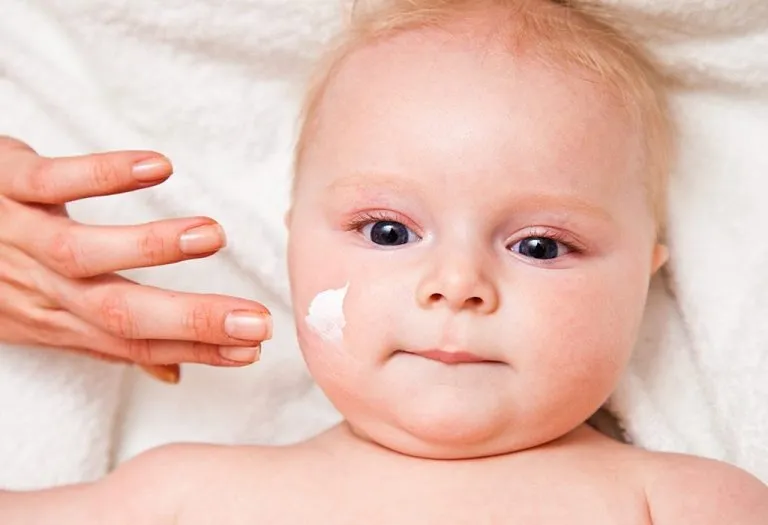
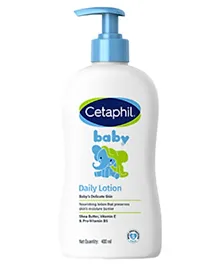
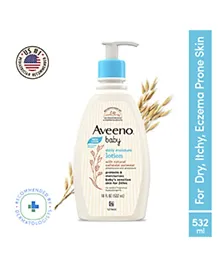
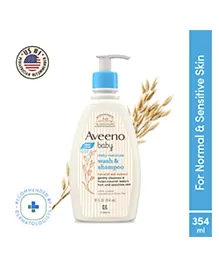
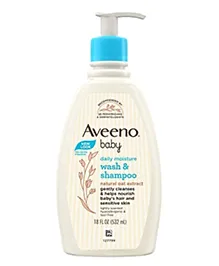
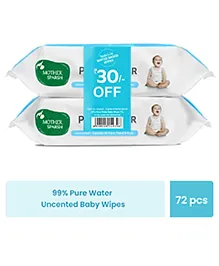
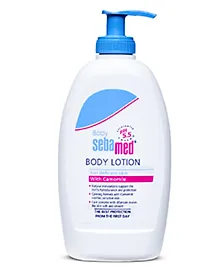
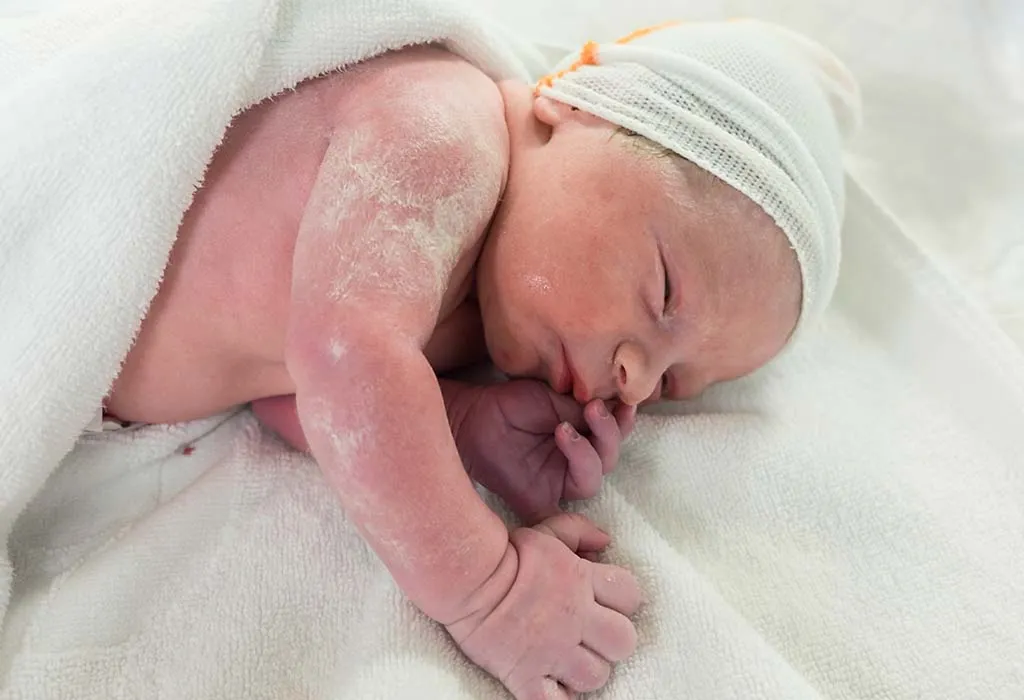
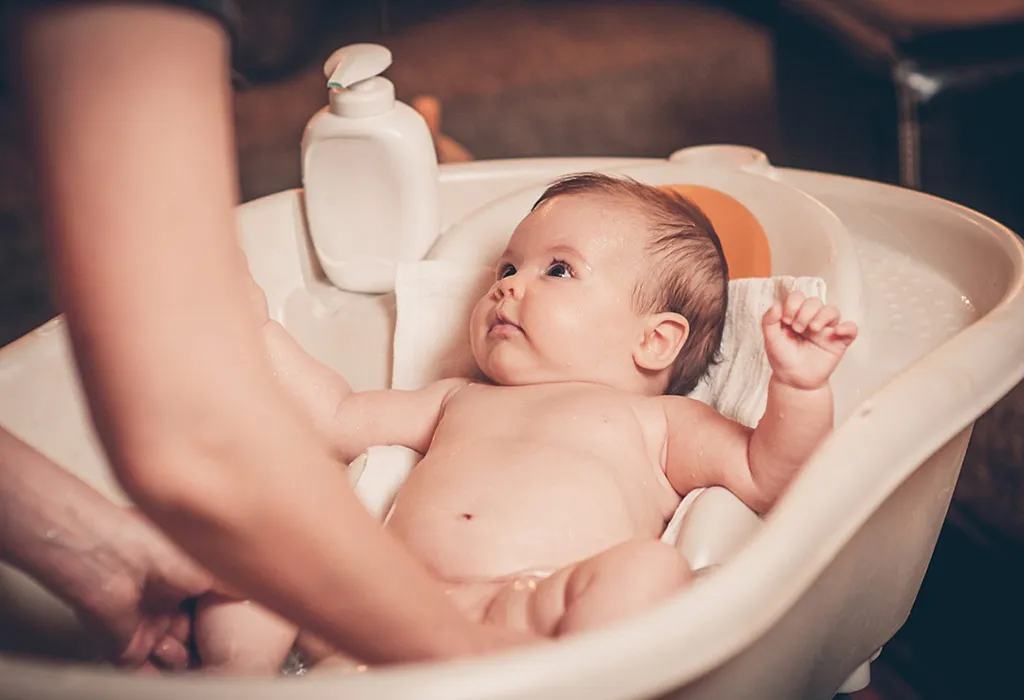
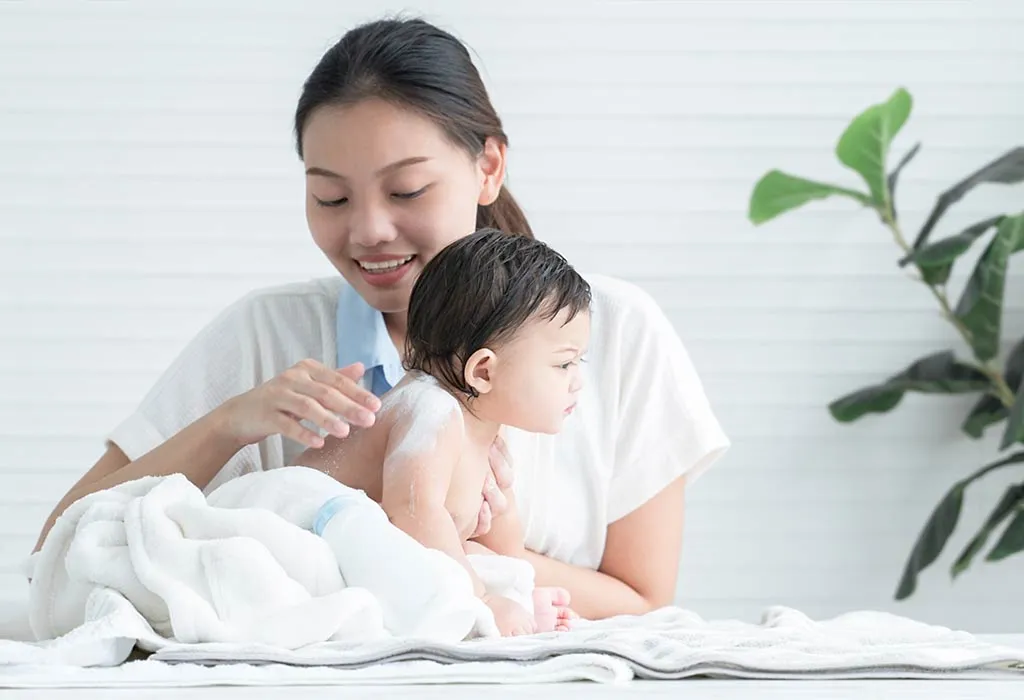
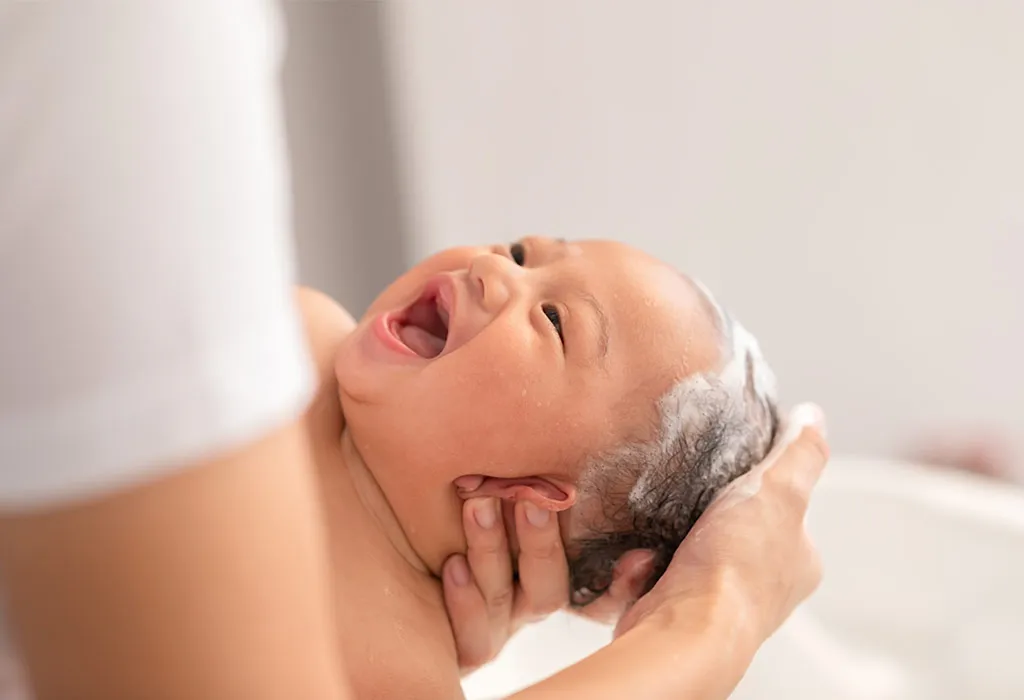
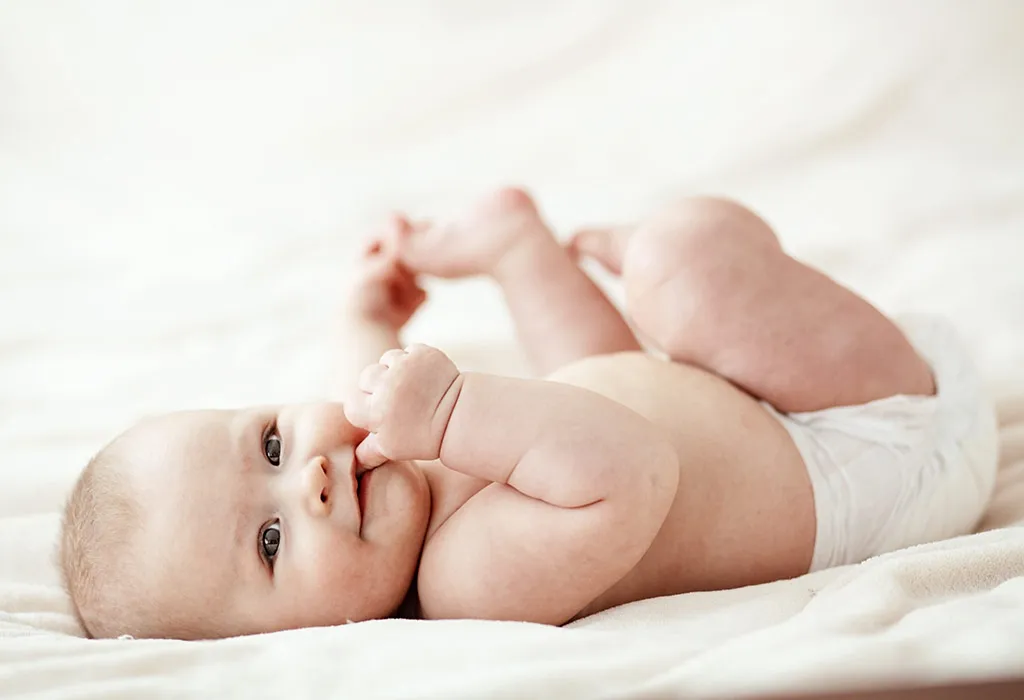
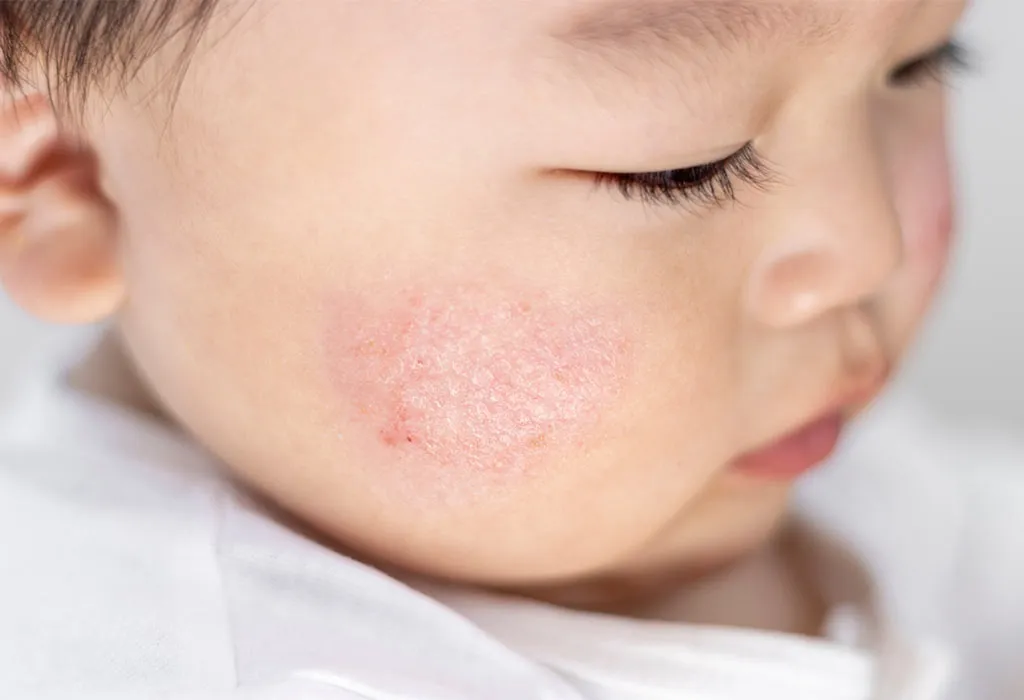
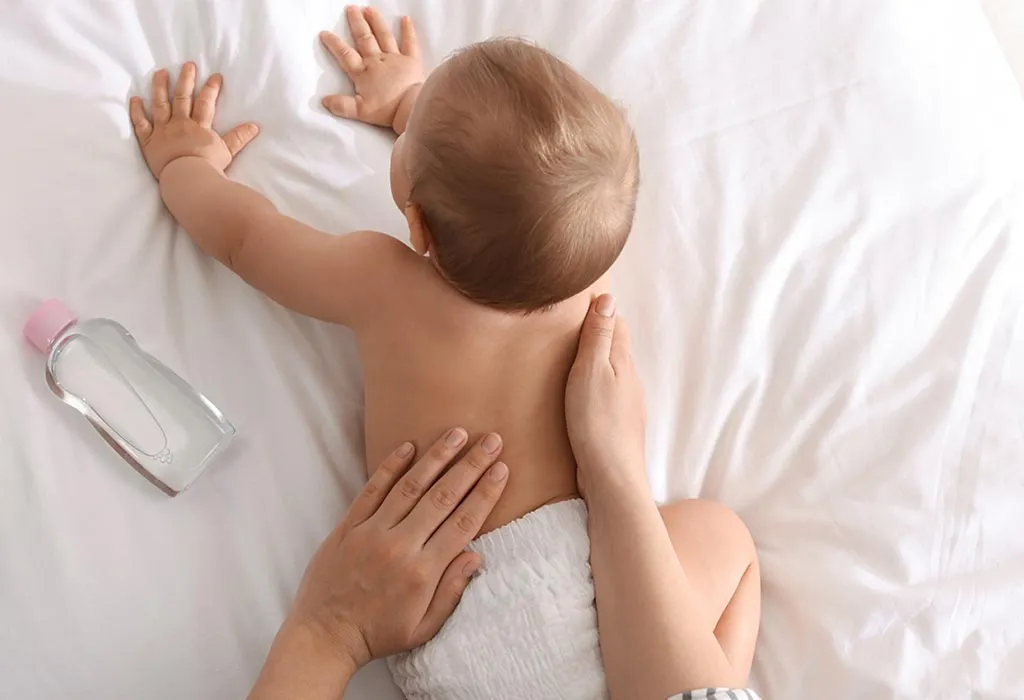
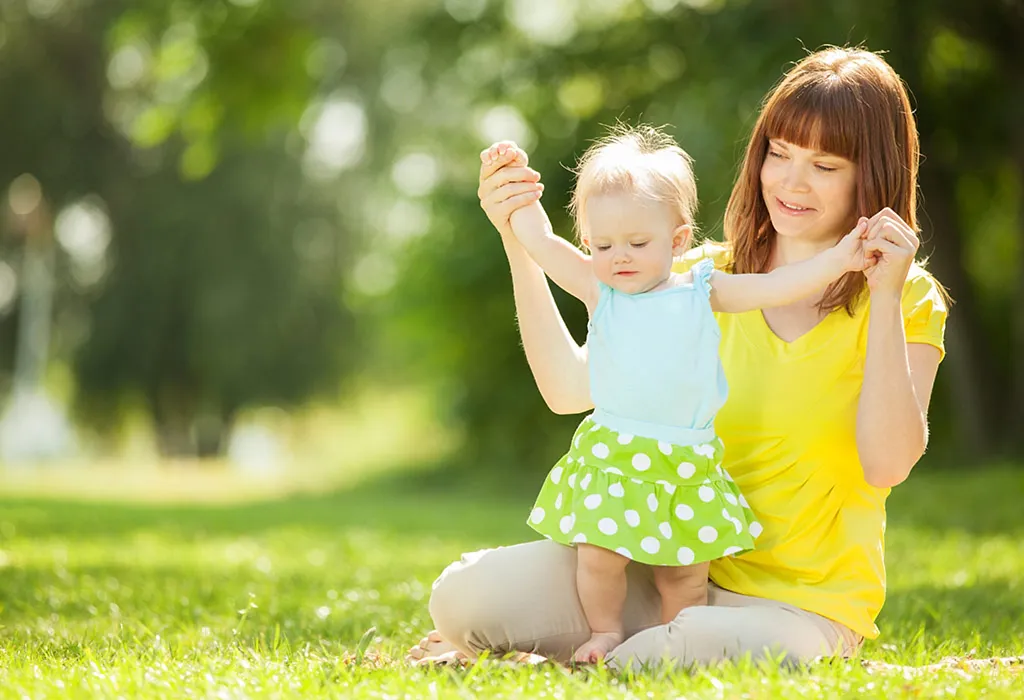
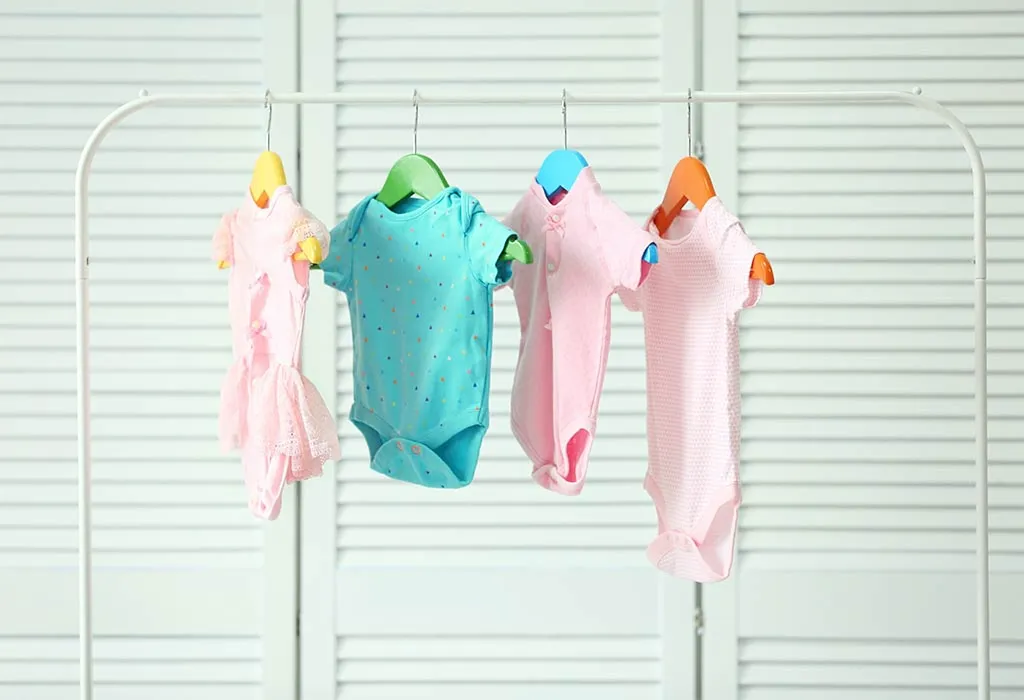
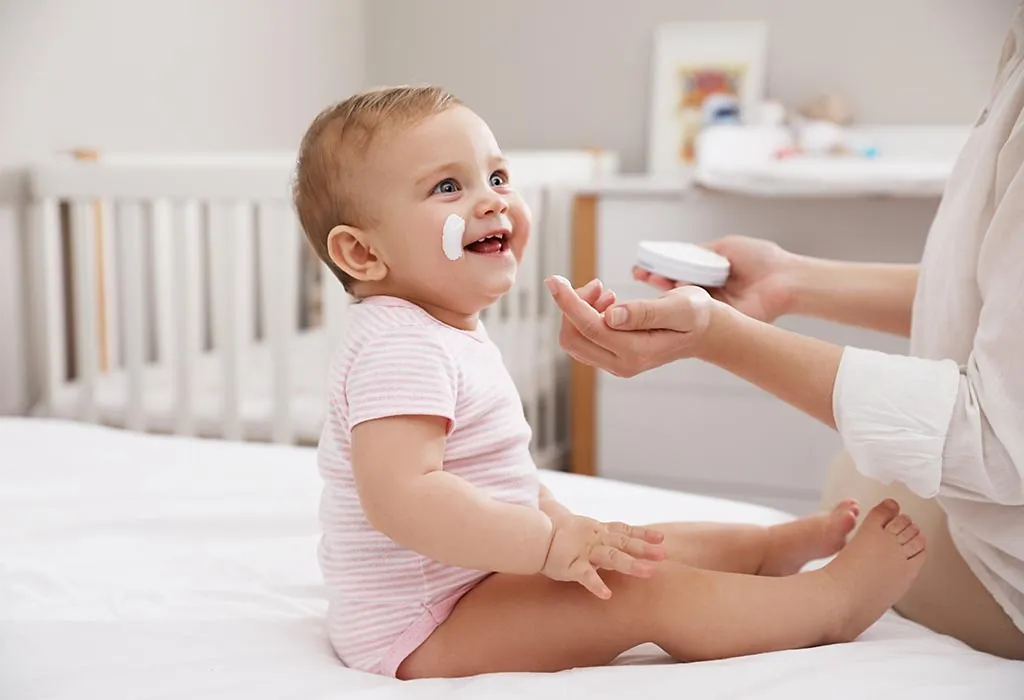
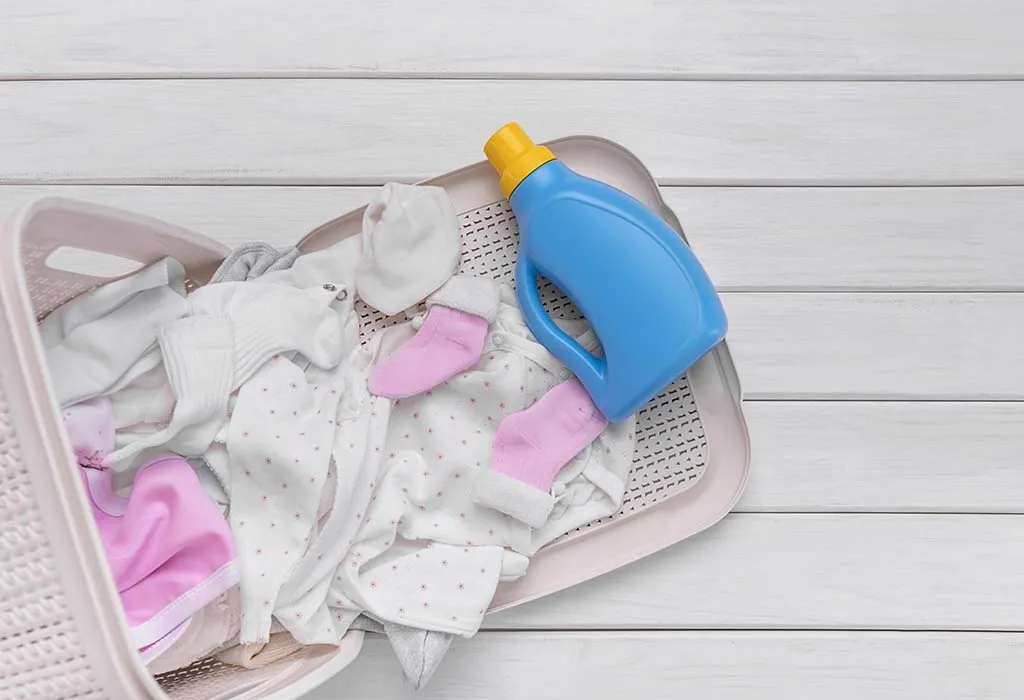
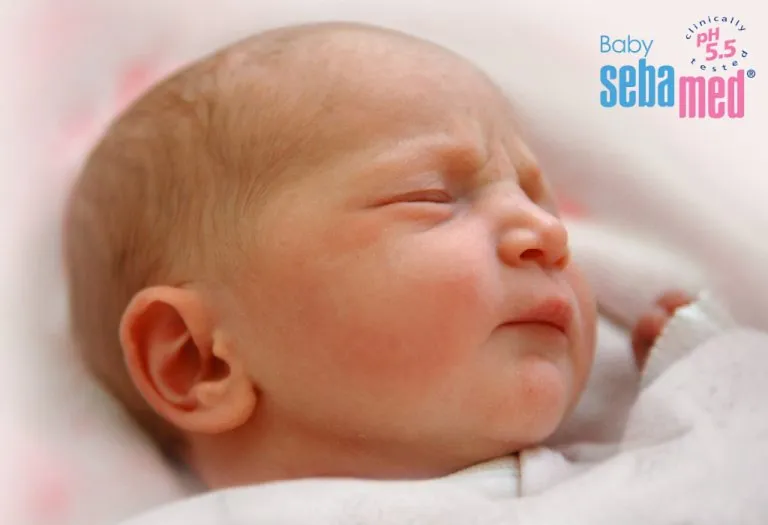
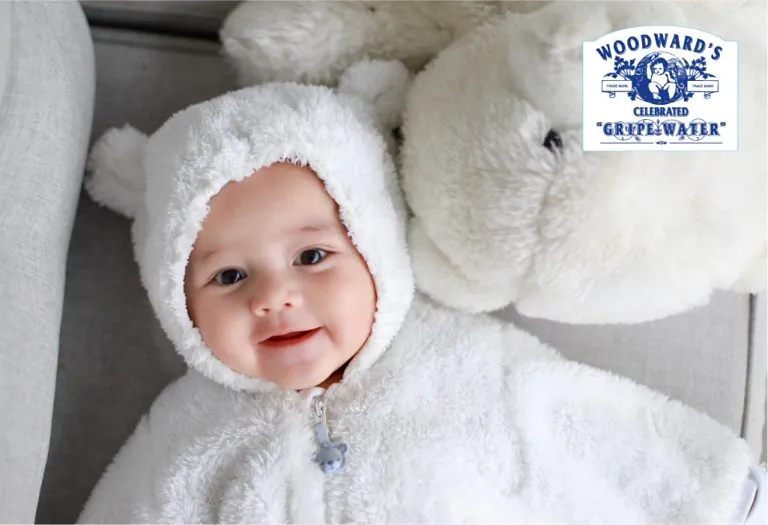

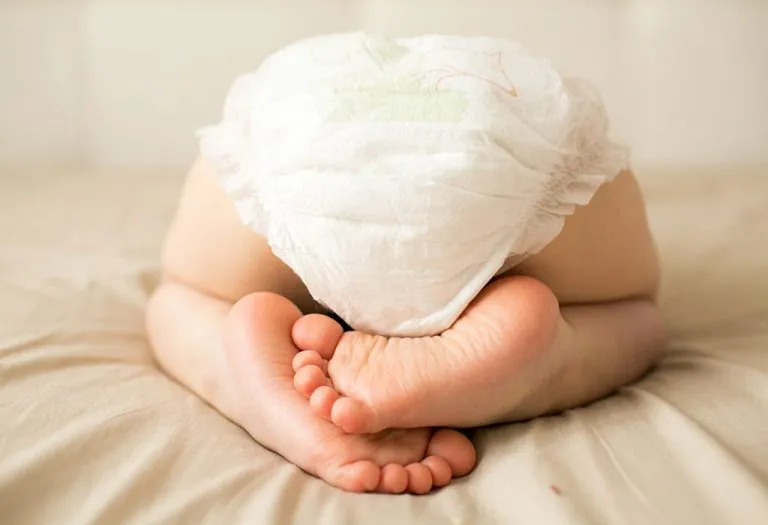



.svg)


















